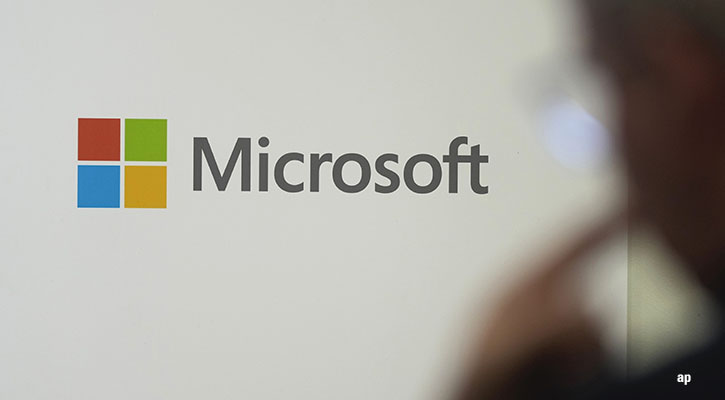Benjamin Joseph: Hi. My name is Benjamin Joseph, and we're here at Morningstar Investment Conference in Paris where T. Rowe Price just received the award for the Investment House of the Year. I'm receiving Laurence Taylor here representing T. Rowe Price.
Laurence, congratulations.
Laurence Taylor: Thank you very much.
Joseph: Laurence, can you tell us a bit more about what are the key differentiators from T. Rowe Price differentiating from other fundamental active investors?
Taylor: Sure. It's a very simple question. It's actually quite a hard answer. But what I would say is, T. Rowe was born in the 30s by the founding father of growth investing, effectively packaging beta factor and alpha in a disruptive form which was a mutual fund. And today, we're very conscious that you can receive very cheap beta passive and factor also can be received very cheaply now. So, we need to focus more than ever on alpha. And that's where I think our philosophy really has an edge. And our philosophy is really centered on a forward-looking mindset about change, a recognition that change happens, intellectual curiosity and independence. And then ultimately, we combine that with some of the old-fashioned principles of fundamental investing. That hard work fundamental modeling really is important in understanding your businesses, that when you think about the sustainability of a business is important, but so is the valuation you pay for that company. When you then put that philosophy in the context of collective success, and client-focused success, I think you end up with a culture and a philosophy, which perhaps is differentiated versus some of the best peers.
Joseph: You mentioned the sustainability of the business. One key point is ensuring stability in the management. Can you tell us a bit more about how you deal with succession planning and manager stability and also how you align incentives to convey the idea that the managers are aligned in interest with investors and remain within the firm?
Taylor: Sure. So, three points. First of all, we have a lot of bench strength. We have through my time at T. Rowe Price, which is 11 years and I joined in the middle of a Global Financial Crisis, as T. Rowe invested in its research platform and its future succession planning, even in the biggest crisis of our era. That creates over time a multi-generational firm, that helps succession.
I think the second point is, when you think about ultimately the responsibility of more senior investors, more senior personnel, T. Rowe Price has a very strong emphasis on coaching, mentoring, not hoarding success, but actually passing down the characteristics of investment success, to breed the next generation of investors and that is truly part of our culture.
The third point about remuneration compensation. It's very, very clear when you first meet T. Rowe Price, I hope, that this is not about one, three-year success compensation. This is about the compounding of good decisions, good behavior for long term success of clients. And if that happens as you are at T. Rowe Price, particularly when you then get intellectual independence and freedom to express your views of good culture, I think most people join T. Rowe Price and stay because it's a rewarding place to work.
Joseph: One of the key aspects in the active management business recently is actually facing the rise of passive. How would you explain how T. Rowe Price is actually tackling that issue, the rise of passive, when you're an active fundamental investor?
Taylor: Two points; first, the defence, which is, we absolutely acknowledge that the world has changed, and that passive clearly is taking market share and is a threat to poor quality active management. And we need to respond by making ourselves as sharp as possible and focused on risk-adjusted net of fees returns. We acknowledge that. The second point is attack. We think we're at a point where there's been so much capital moved passive, to factor investing at a point of tremendous secular change, which implies the index is not a good place to put your capital, even at a low cost. And you're seeing a huge emphasis on engagement, and integration of ESG factors and the knowledge of your companies and an awareness of how they're behaving. That can only be done with some form of fundamental active engagement and management. So, we actually think we're potentially at a point of maximum passive exposure which might at some stage shift back to active fundamental.
Joseph: Congratulation again on the award.
Taylor: Thank you.
Joseph: Thank you very much. Thanks for watching.


























